Dr. Oz finds reputation risk at the end of yellow brick road paved by bogus claims
“Dr.Oz”, the celebrity doctor frequently seen on TV shouting about how this or that is a “miracle” treatment for what ails you, is learning the hard way that endorsing bad products is likely to land you in the hot seat. Oz took a verbal beating as he sat in a Senate hearing about bogus diet product, being accused of powering scammer’s efforts with his overly enthusiastic support of unproven products.
NBC News’ Maggie Fox reported on the hearing, captured its tone perfectly with this quote
Oz was held up as the power driving many of the fraudulent ads, even as he argued he was himself the victim of the scammers. The hearing is a follow-up to the Federal Trade Commission’s crackdown last January against fake diet products.
“I don’t get why you need to say this stuff because you know it’s not true,” Missouri Sen. Claire McCaskill, a Democrat who chairs a Senate subcommittee on consumer protection, said at the hearing. “So why, when you have this amazing megaphone…why would you cheapen your show by saying things like that?”
The driving force behind Dr. Oz’s power is his credibility. However inaccurate it may be, he is seen by a huge segment of TV viewers as a credible person. By giving his endorsement to products that don’t do what they claim, or could even be dangerous, Oz is putting his showbiz career on the line. And, considering he dropped several quotes, for example, “When we write a script, we need to generate enthusiasm and engage the viewer”, that completely dismissed the points made by the Senate committee, we don’t think the doc understands the slippery slope he’s sitting on.
With power comes responsibility. If you’re in a position to influence others and you send them down the wrong path, whether on purpose or accidentally, it’s your reputation that will take the hit.
——————————-
For more resources, see the Free Management Library topic: Crisis Management
——————————-
[Jonathan Bernstein is president of Bernstein Crisis Management, Inc., an international crisis management consultancy, author of Manager’s Guide to Crisis Management and Keeping the Wolves at Bay – Media Training. Erik Bernstein is Social Media Manager for the firm, and also editor of its newsletter, Crisis Manager]











